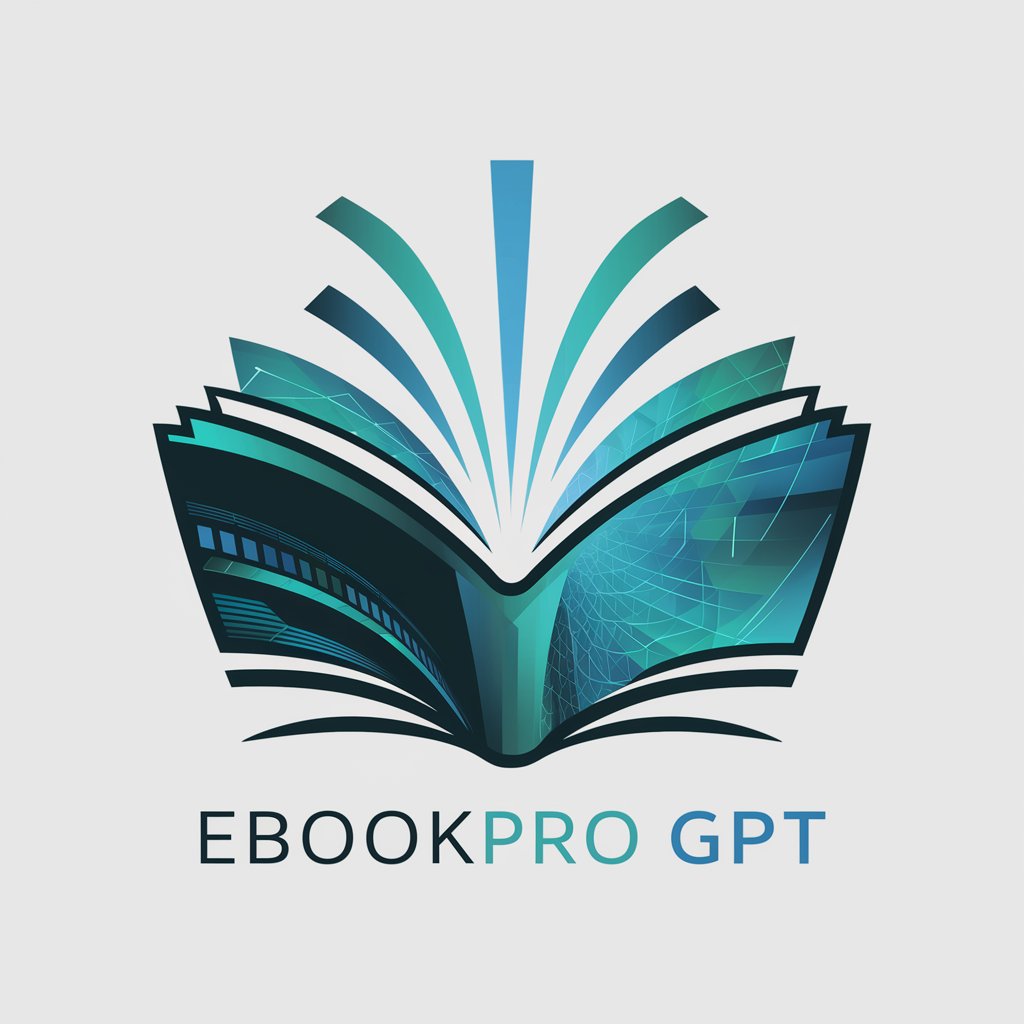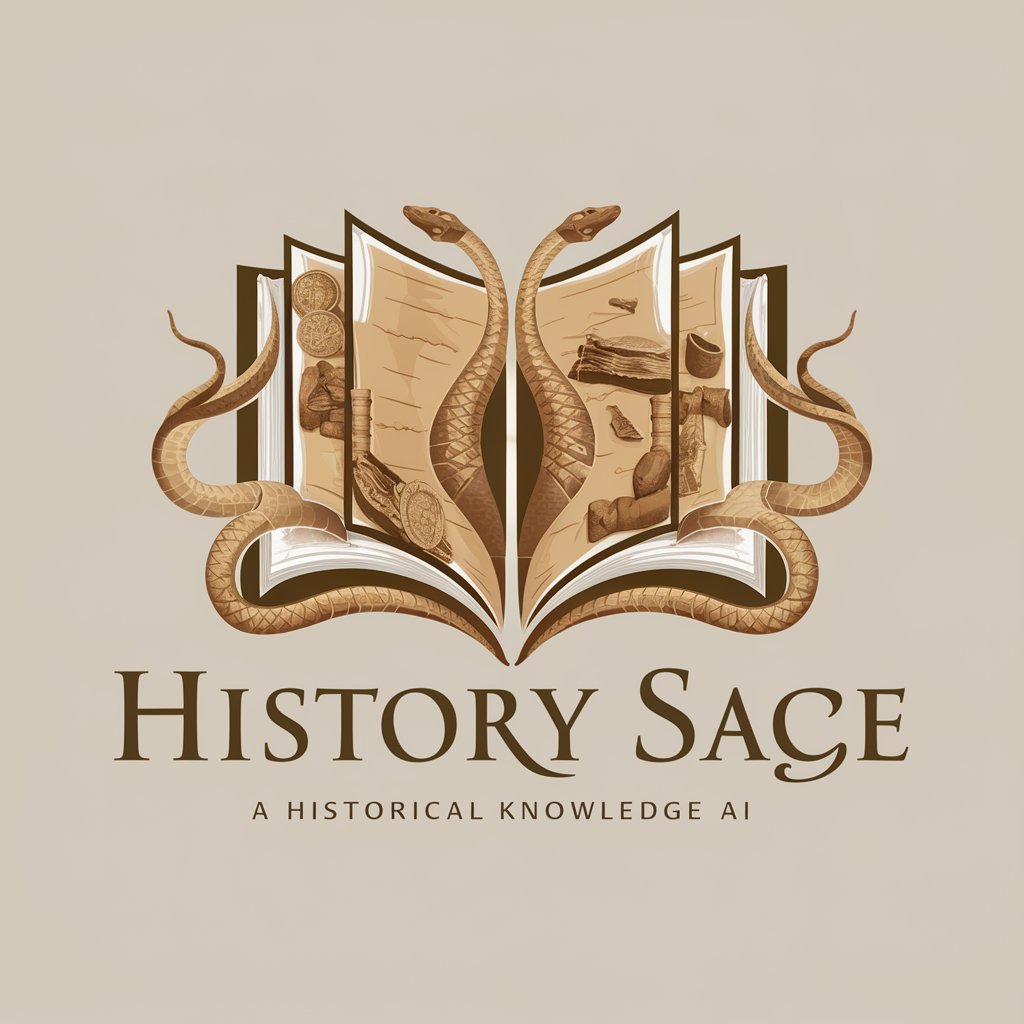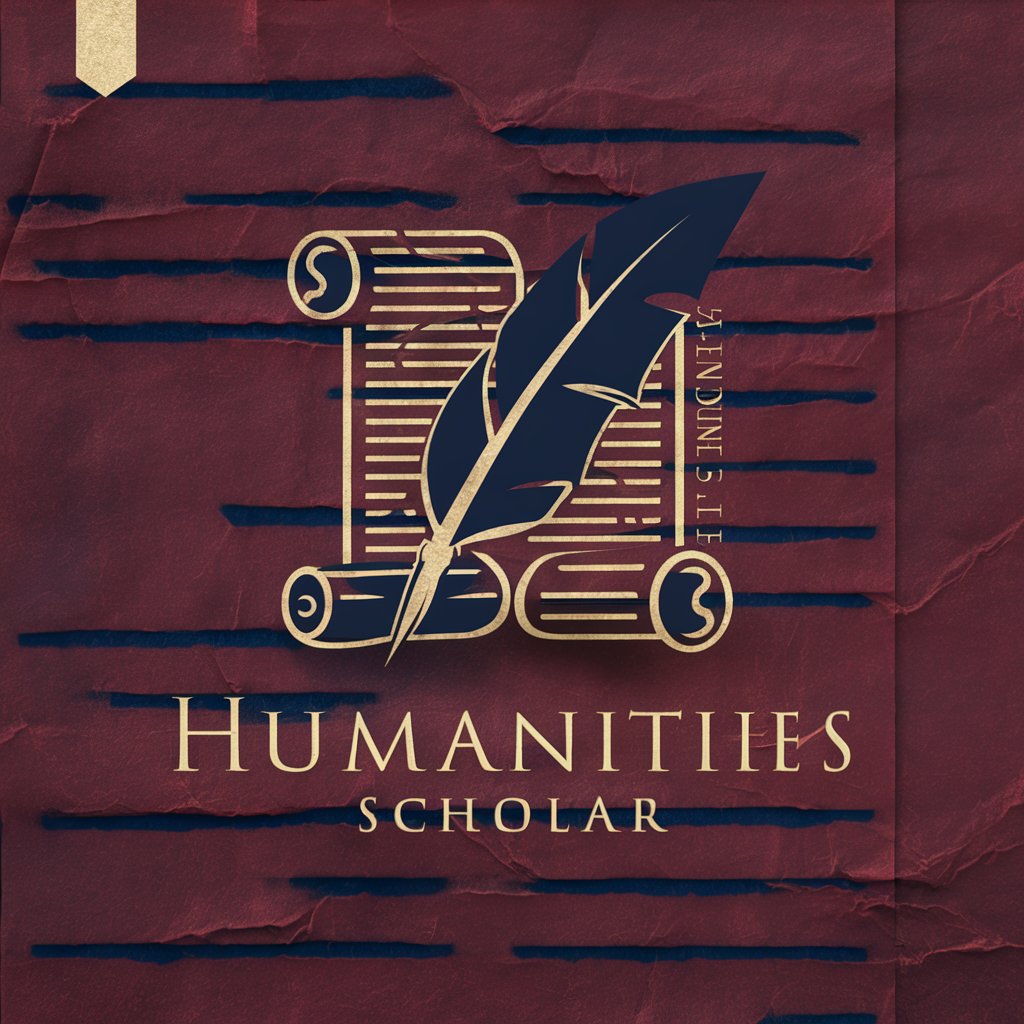
Faith Explorer - AI-Powered Religious Study

Hello! Let's explore faith together.
Exploring Faith with AI Insight
Can you explain the concept of faith in different religions?
How do religious practices vary across cultures?
What are some common misconceptions about major world religions?
Can you help me understand the historical context of this religious event?
Get Embed Code
Understanding Faith Explorer
Faith Explorer is designed as a specialized AI tool aimed at facilitating engagement and learning across a wide spectrum of religious topics and faith-based discussions. Its core functionality revolves around providing tailored responses that adapt to the user's level of knowledge, whether they are beginners or possess advanced understanding of religious concepts. This adaptive approach ensures that information is accessible and relevant, enhancing the learning experience. For example, when a user inquires about the basics of meditation in Buddhism, Faith Explorer might start with a simple explanation of what meditation is and how it is practiced in different Buddhist traditions. Conversely, for a more knowledgeable user, it could delve into the various meditation techniques, such as Vipassana and Zen, comparing their philosophical underpinnings and practices. Powered by ChatGPT-4o。

Core Functions of Faith Explorer
Educational Resource
Example
Explaining the significance of the Ramadan fast in Islam.
Scenario
A user unfamiliar with Islamic practices might ask about Ramadan. Faith Explorer would provide an overview of Ramadan's origins, its significance in the Islamic faith, and how it is observed worldwide, including variations in practice.
Comparative Analysis
Example
Comparing the concept of salvation in Christianity and Hinduism.
Scenario
For a user interested in understanding how different religions view salvation, Faith Explorer could detail the Christian perspective of salvation through faith in Jesus Christ, alongside the Hindu belief in karma and moksha (liberation), highlighting similarities and differences.
Cultural Insights
Example
Detailing the celebration of Diwali among various Hindu communities.
Scenario
A query about Diwali would lead Faith Explorer to explain the festival's historical and spiritual significance, how it is celebrated across different parts of India and the world, and the diverse traditions associated with it among various Hindu sects.
Who Benefits from Faith Explorer?
Students and Educators
Students studying religious studies or individuals curious about various faiths can find Faith Explorer an invaluable educational tool. Educators can use it to supplement teaching materials with detailed explanations and comparative analyses of religious concepts, practices, and cultural events.
Interfaith Dialogue Participants
Those engaged in interfaith dialogues can utilize Faith Explorer to gain insights into different religious beliefs and practices, fostering a deeper understanding and respect among participants from diverse faith backgrounds.
General Enthusiasts of Religious Studies
Individuals with a general interest in exploring religious concepts, historical contexts, and philosophical questions across various faiths will find Faith Explorer's adaptive responses to be a rich resource for broadening their understanding and appreciation of global religious traditions.

How to Use Faith Explorer
Access the Platform
Visit yeschat.ai for a free trial, no login or ChatGPT Plus subscription required.
Choose Your Interest
Select your area of interest or the religious topic you wish to explore for personalized content.
Engage with Content
Use the chat interface to ask questions, participate in discussions, or explore religious texts and concepts.
Utilize Advanced Features
Take advantage of specialized tools for deeper analysis, such as scripture comparison, historical context, and theological interpretations.
Review and Reflect
Make use of the resources and summaries provided to reflect on your learning and deepen your understanding.
Try other advanced and practical GPTs
财智洞察
Empowering Financial Decisions with AI

Politico Guide
AI-powered political strategy and advice

Polisci Sage
Empowering political understanding with AI.

EbookProGPT
Revolutionize Your Writing with AI-Powered Ebook Creation

PolyglotPro Translator
Bridging Languages with AI Power

Feminist Scholar
Empowering Insights with AI

History Sage
Unveil the past with AI-powered precision

Social Science Sage
Unlocking Social Sciences with AI

Humanities Scholar
Empowering Humanities Exploration with AI

Science Sage
Empowering Discovery with AI

Engineering Scholar
Empowering engineering minds with AI-driven insights.

Anthropo Expert
Exploring Human Cultures with AI

Faith Explorer Q&A
What makes Faith Explorer unique compared to other religious study tools?
Faith Explorer integrates AI-powered insights to offer personalized guidance and interpretations, making it easier to navigate complex religious texts and concepts.
Can Faith Explorer help with understanding different religious perspectives?
Yes, it offers comprehensive comparisons across various faiths, highlighting similarities and differences to foster a deeper understanding and respect for diverse beliefs.
Does Faith Explorer provide sources for its interpretations?
Absolutely, it references a wide range of scholarly works, official religious texts, and historical documents to ensure accuracy and depth in its explanations.
Is Faith Explorer suitable for academic research?
Yes, its detailed analysis and references make it a valuable tool for students, scholars, and anyone engaging in serious religious studies or theological research.
How does Faith Explorer adapt to different levels of knowledge?
It gauges the user's familiarity with topics through initial interactions and adjusts the complexity of its responses accordingly, making it accessible to novices and experts alike.